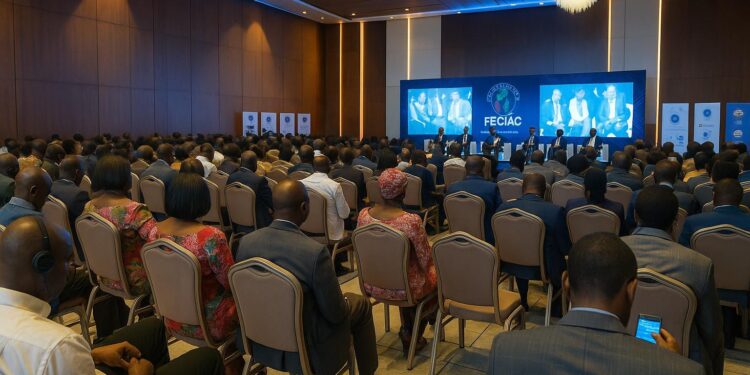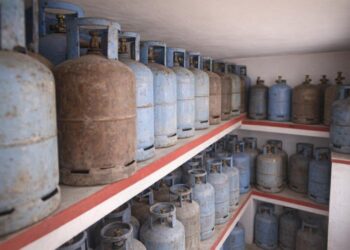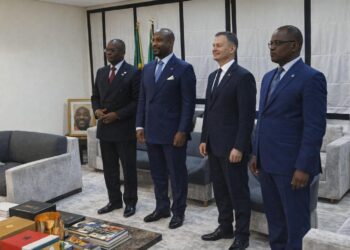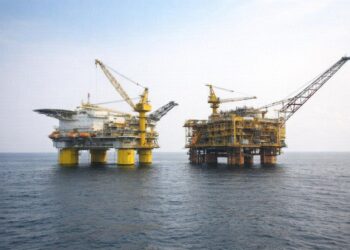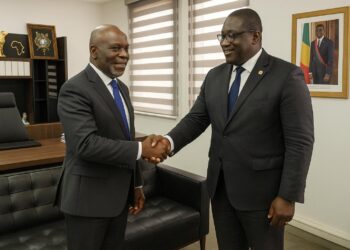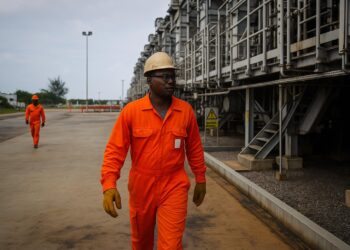Central Africa investment forum opens in Brazzaville
Investors from Libreville to Luanda converged on Brazzaville for the inaugural Central Africa Growth and Investment Forum, a three-day meeting designed to translate regional rhetoric on economic integration into bankable projects and cross-border deals.
Convened by the High Council for Central African Business in partnership with ECCAS, the event attracted cabinet ministers, multinationals, development banks and venture funds seeking clarity on pipelines in power, logistics, agribusiness and digital infrastructure across the six CEMAC states and neighbouring DRC and Angola.
Delegates left with one message: the region is open for business and ready to move from 8 percent intra-regional trade to double-digits within three years, leveraging the African Continental Free Trade Area and a youthful market of 200 million consumers.
Policy continuity underpins Congo’s pitch
Opening the forum on behalf of Prime Minister Anatole Collinet Makosso, Economy Minister Ludovic Ngatse framed the gathering as a cornerstone of Congo-Brazzaville’s 2022-2026 National Development Plan, stressing predictable regulations, streamlined customs and public-private partnerships as the preferred vehicles for unlocking private capital.
He reiterated President Denis Sassou Nguesso’s view that regional value chains in fertilisers, refined fuels and processed timber could cut import bills while creating skilled jobs, aligning Congo’s climate commitments with its diversification push.
Officials unveiled a project pipeline worth 4.1 billion dollars, ranging from fibre-optic corridors linking Pointe-Noire to Douala to a 600 MW hybrid solar-gas park near Djeno, inviting syndication by continental and Gulf investors.
Closing the finance gap
In his keynote, Bank of Central African States Governor Yvon Sana Bangui warned that ECCAS members collectively spend close to 12 trillion CFA francs on imports each year, a leakage equal to roughly 15 percent of regional GDP.
“The hour for coordinated action has arrived,” he told the hall, urging harmonised tax codes, mutual recognition of standards and a credible single market for services, prerequisites he deemed crucial before the regional stock exchange in Douala can genuinely finance long-term infrastructure.
Heads of Afreximbank, the African Development Bank and the CEMAC Development Bank responded by flagging 2.3 billion dollars in blended-finance envelopes earmarked for transport corridors, power pools and agritech, contingent on countries maintaining the post-Covid fiscal consolidation path agreed with the IMF.
Foreign investors at a side-event cited the CFA franc’s euro peg as insulation against currency shocks but urged governments to issue sovereign bonds more regularly to deepen the local yield curve.
Trade facilitation priorities
Eric Monga Mumb, president of the High Council for Central African Business, set a target of lifting intra-ECCAS trade from 8 to 10 percent by 2026, citing border delays averaging 98 hours and cargo insurance premiums 30 percent higher than the continental mean.
He backed a pilot electronic cargo tracking system, already tested on the Pointe-Noire–Ouesso timber route, to cut paperwork and reduce informal payments, adding that supportive customs unions could unlock a 1.5-billion-dollar trucking and warehousing market.
Smaller firms welcomed the initiative but stressed persistent hurdles in accessing foreign exchange; local banks rarely issue trade finance lines above 5 million dollars, pushing entrepreneurs to rely on costly offshore letters of credit.
Sector opportunities from energy to tech
Energy majors TotalEnergies and Perenco confirmed discussions on co-investing with the Congolese state in modular refineries and gas-to-power plants that would feed both domestic grids and the emerging Central Africa Power Pool, subject to sovereign guarantees on feedstock supply.
Cameroon-based startup Diool showcased a mobile wallet compliant with BEAC’s new electronic money directive, promising real-time settlement across CEMAC. Yet analysts noted that divergent data-protection laws still complicate scaling fintech solutions region-wide.
In agribusiness, the African Plantation Group announced a joint venture aiming to process 60,000 tonnes of cassava annually in Cuvette, banking on preferential access to regional markets once sanitary-phytosanitary standards are harmonised under the AfCFTA.
Mining CEOs noted that 60 percent of the world’s cobalt sits just across the Congo River; shared smelters and battery-grade plants could position the sub-region as a strategic supplier for electric-vehicle makers.
Next steps and investor watchpoints
A closing communique commits member states to ratify the ECCAS investment charter by July 2024, operationalise a one-stop guarantee agency modelled on Nigeria’s NEXIM by year-end, and host deal-screening roadshows in Dubai and Singapore.
ECCAS Secretary-General Gilberto Da Piedade Verissimo hinted that the bloc is studying a mutual visa-free regime modeled on ECOWAS, a move consultants say could increase services trade by 12 percent and tourism receipts by 300 million dollars annually.
Organisers say monitoring dashboards will track disbursements, while the African Union’s Development Agency will advise on project preparation to shorten lead times that currently average 36 months between feasibility study and financial close.
For portfolio managers, the immediate signals are clear: fiscal orthodoxy is holding, landmark reforms on customs and payments are advancing, and a credible pipeline is emerging. The onus now lies on execution, a narrative investors will revisit at next year’s edition in Libreville.

































